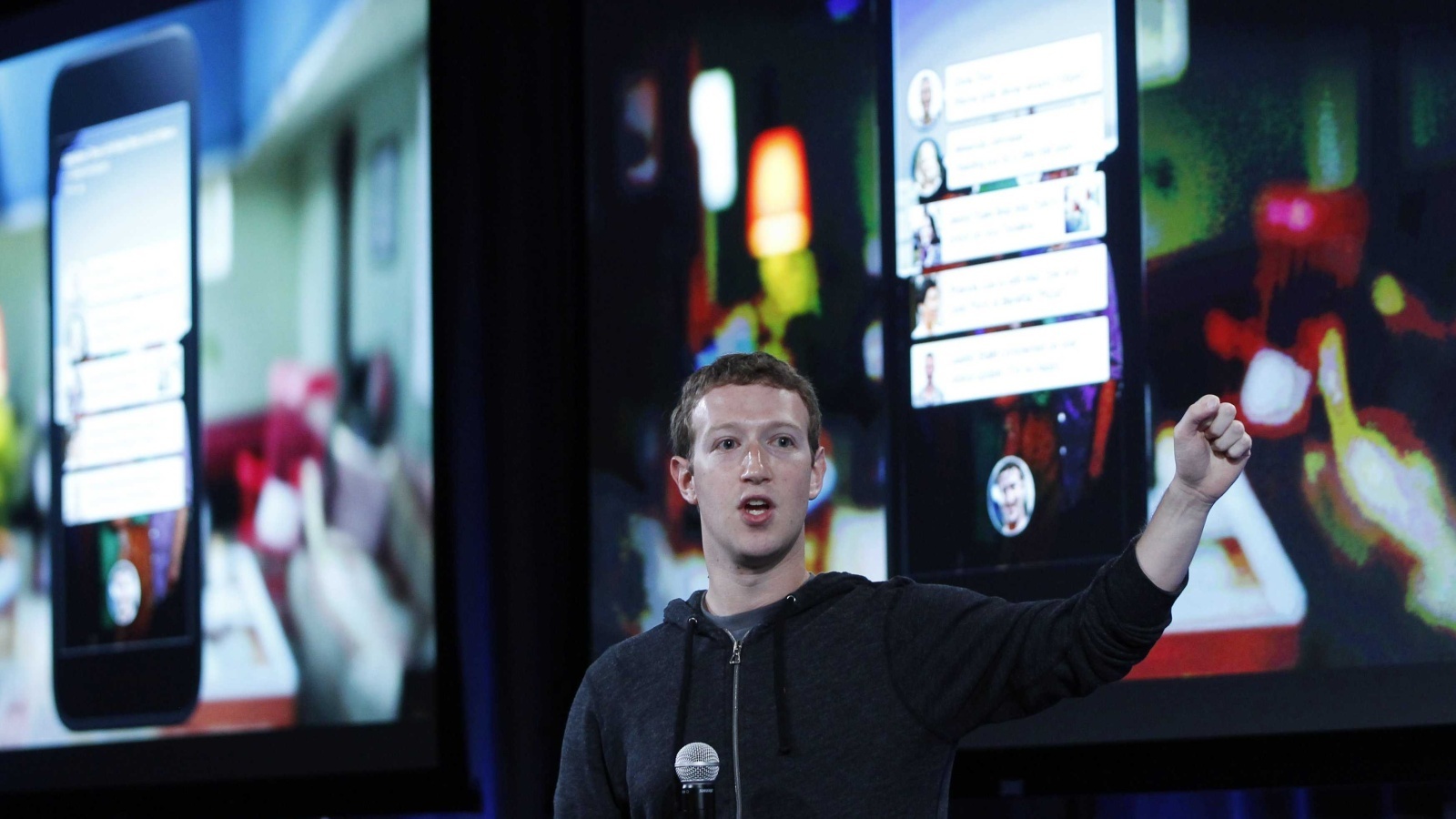 NEWS
NEWS
 NEWS
NEWS
 NEWS
NEWS
Facebook Inc. has reportedly blocked numerous pages in Turkey after a Turkish court declared the pages to be insulting to the Prophet Mohammed.
The removal of the pages comes just over two weeks after Facebook CEO Mark Zuckerberg wrote a strongly worded post in support of free speech shortly after the Charlie Hebdo attacks in Paris.
“We follow the laws in each country, but we never let one country or group of people dictate what people can share across the world,” Zuckerberg wrote in a post using the popular “Je suis Charlie” phrase as a sign of support for the slain French cartoonists. “Yet as I reflect on yesterday’s attack and my own experience with extremism, this is what we all need to reject — a group of extremists trying to silence the voices and opinions of everyone else around the world.
“I won’t let that happen on Facebook. I’m committed to building a service where you can speak freely without fear of violence.”
As Zuckerberg stated in his post, Facebook complies with local laws in the countries in which it operates, which in this case includes preventing Turkish users from accessing materials that the authorities have deemed to be offensive or inflammatory.
The Turkish court threatened to ban Facebook entirely if it did not comply with its request to block access to the pages.
If it failed to comply, Facebook would not be the first service internet service to be blocked in Turkey. Twitter has previously been blocked when allegations of government corruption spread across the microblog site. YouTube was also blocked in March 2014 for failing to remove videos that were critical of Turkish President Recep Tayyip Erdoğan. Both blocks were eventually lifted.
Although it is a predominantly Muslim country that straddles the narrow border between Asia and Europe, Turkey has often been considered to be more progressive and European-leaning than some of its eastern neighbors such as Iran or Syria.
But several recent shifts in Turkish policy and trends in Turkish politics – especially controversial moves made by President Erdoğan – have called into question Turkey’s status as a secular nation.
Support our mission to keep content open and free by engaging with theCUBE community. Join theCUBE’s Alumni Trust Network, where technology leaders connect, share intelligence and create opportunities.
Founded by tech visionaries John Furrier and Dave Vellante, SiliconANGLE Media has built a dynamic ecosystem of industry-leading digital media brands that reach 15+ million elite tech professionals. Our new proprietary theCUBE AI Video Cloud is breaking ground in audience interaction, leveraging theCUBEai.com neural network to help technology companies make data-driven decisions and stay at the forefront of industry conversations.